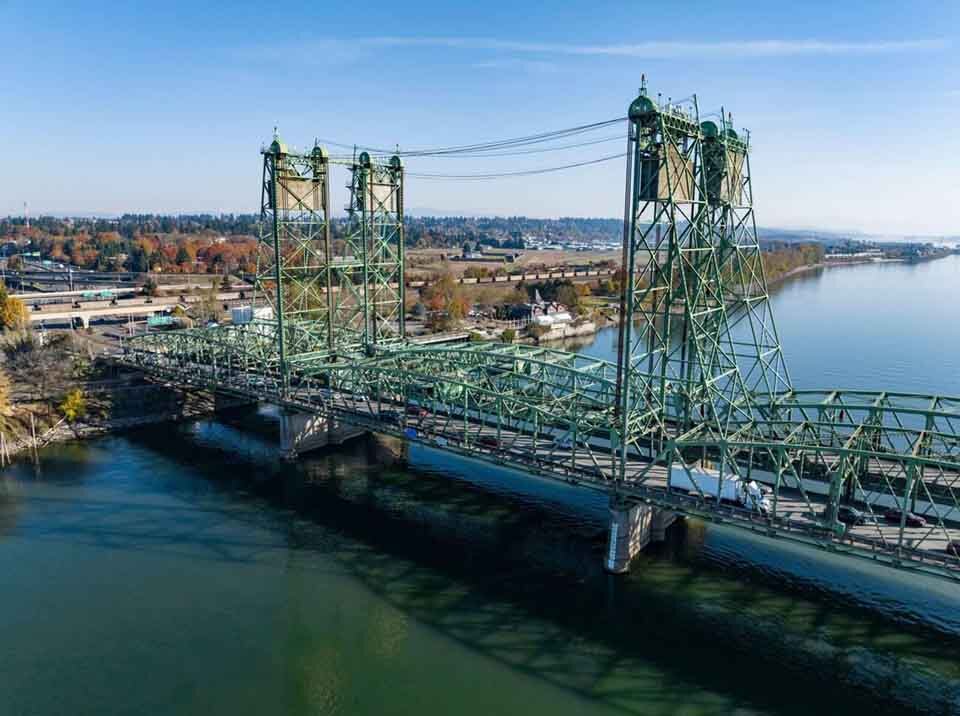Oregon-Washington I-5 Bridge Revamp Threatens Motorists with Hefty Tolls and Registration Denials

Apart from funding of $4 billion from the federal government and $1 billion each from the I-5 Bridge joint partners, Oregon and Washington, the rest of the money needed for the project will be recouped by tolls from motorists crossing between the two neighboring states.
How Much It Will Cost to Use the Bridge Will Be Clearer Later This Summer
Despite an alarming warning by a civil engineer that motorists could pay $20 to cross the Interstate Bridge between Portland and Vancouver during peak hours, a clear costing strategy will only be available later this summer once the Interstate Bridge Replacement Commission completes its project costing.
The Interstate Bridge Replacement program was necessitated by increasing traffic volumes between the two states, leading to congestion and a high accident rate.
The replacement bridge will be a modern and seismically resilient structure, providing a vital corridor for goods, services, and people between Oregon and Washington.
A bill outlining the legal groundwork for toll collection was passed with a vote of 31-24 by the Oregon House of Representatives earlier this week. The bill clarifies how the two states will fund and manage the bridge, authorizing joint toll revenue management.
Vehicle Registrations Could be Denied to Motorists With Unpaid Toll Fees
The bill clears the way for the Oregon Department of Transportation (ODOT) to control legalities surrounding the imposition of tolls. Oregonians with unpaid toll fees could have their vehicle registrations denied, and ODOT will also control civil fines.
However, ODOT says that the Washington Department of Transportation will control the operation and collection of tolls on the Interstate Bridge for both states.
The latest financial report puts the projected cost of replacing the I-5 bridge between $5 billion and $7.5 billion. Apart from $2 billion from the federal government and $1 billion each from Oregon and Washington states, the balance of the project funding will be financed with toll revenue.
The bill had a rocky passage through the House of Representatives, initially failing to pass muster on Tuesday. Representative Travis Nelson later submitted a motion asking lawmakers to take another look at the bill, explaining that there had been some confusion about its purpose.
The House agreed, ultimately passing the bill on Wednesday. It now heads to the Senate for further consideration.

Will the Lefty-Liberals who populate Portland finally wake up to their money-grabbing Government. Not paying enough taxes already?? Now you will get taxed to go across a bridge. That’s right! keep your insanity going by voting the same over-and-over-again. You deserve what you have chosen